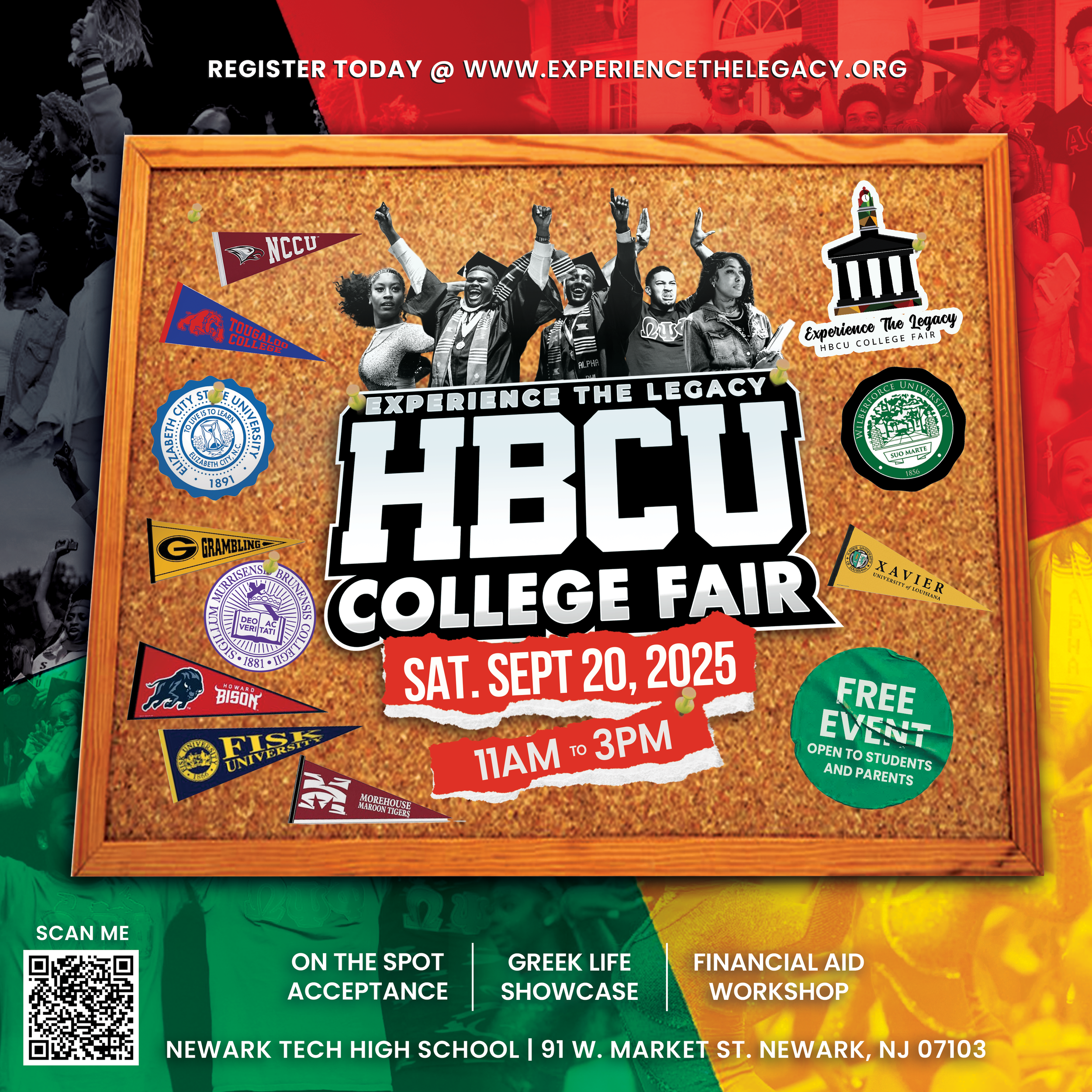Experience The Legacy
We Visited Every HBCU in America – Discover Your Dream School
HONOR
For nearly a decade, we’ve championed Historically Black Colleges & Universities, highlighting their transformative history and impact. We create immersive experiences to connect students with HBCU culture and resources.
EMPOWER
Our mission goes beyond education—it’s about exposing students by highlighting institutional values and celebrating academic excellence. We amplify HBCUs to inspire pride and purpose, empowering students to thrive at the highest level.
UNIFY
By connecting students with essential resources, expert guidance, and a dynamic network of alumni, we help bridge the gap between aspiration and achievement, unlocking their full potential and building on the legacy of HBCUs.
✨ Experience your History. Experience your Future. Experience the Legacy. ✨
Join us on Saturday, September 20, 2025, at Newark Tech High School in Newark, NJ, for the Experience The Legacy HBCU College Fair — a one-day celebration dedicated to amplifying the power and possibilities of Historically Black Colleges and Universities (HBCUs).
WHO ARE WE
Access is the gateway to transformation.
At Experience the Legacy, we believe that access to information and resources are key to shaping futures and inspiring new generations of leaders. We are committed to bridging the opportunity gap for college-bound students, combining some of the fun of the iconic Historically Black College & University (HBCU) homecoming with the essential information that traditional college fairs provide. We create pathways to higher education and celebrate the enduring legacy of HBCUs.
Meet the Founder
Founder / CEO: Eleise Richards
Eleise Richards launched Experience the Legacy in 2016 to bring the historically black college tour experience directly to students, many of whom cannot afford or do not have access to the traditional chartered trips that travel down the east coast and throughout the south visiting these illustrious institutions.
An Irvington, NJ native and Howard University alumna, she knows first-hand how much of a life-changing and identity affirming experience attending one of these institutions can be, but also how challenging it can be to learn more about HBCU life conveniently and affordably. She is dedicated to reducing those barriers for others.



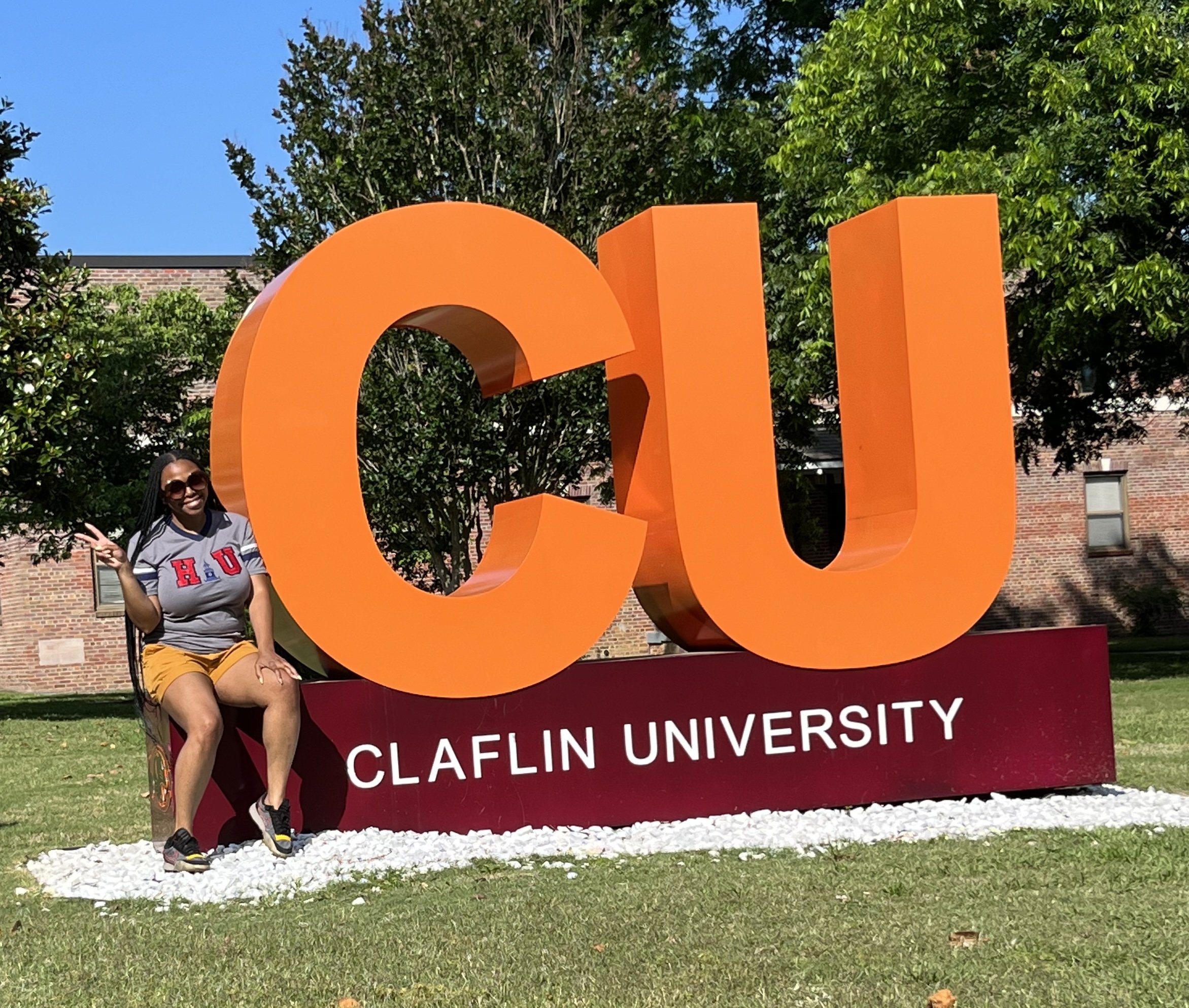





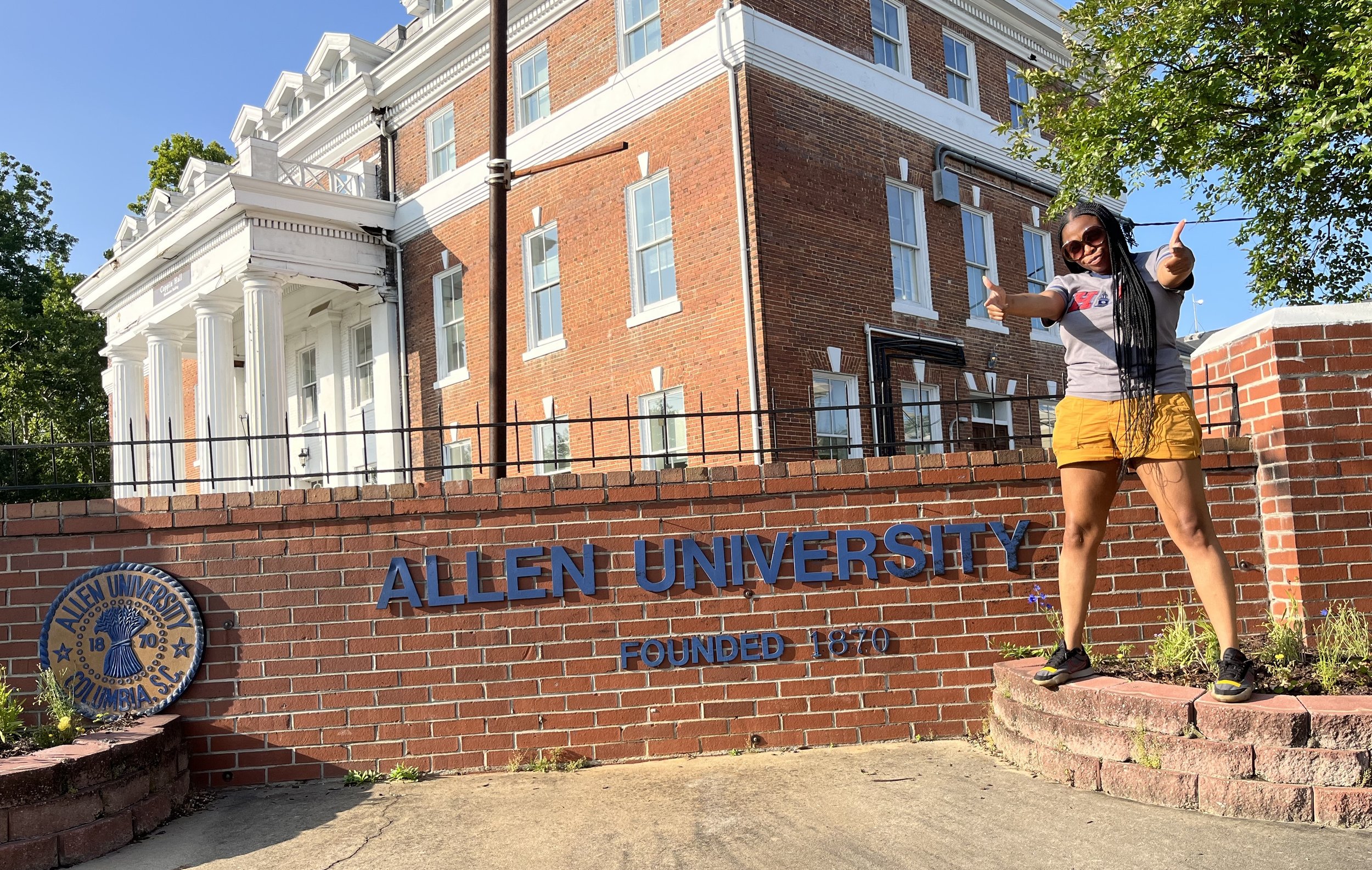

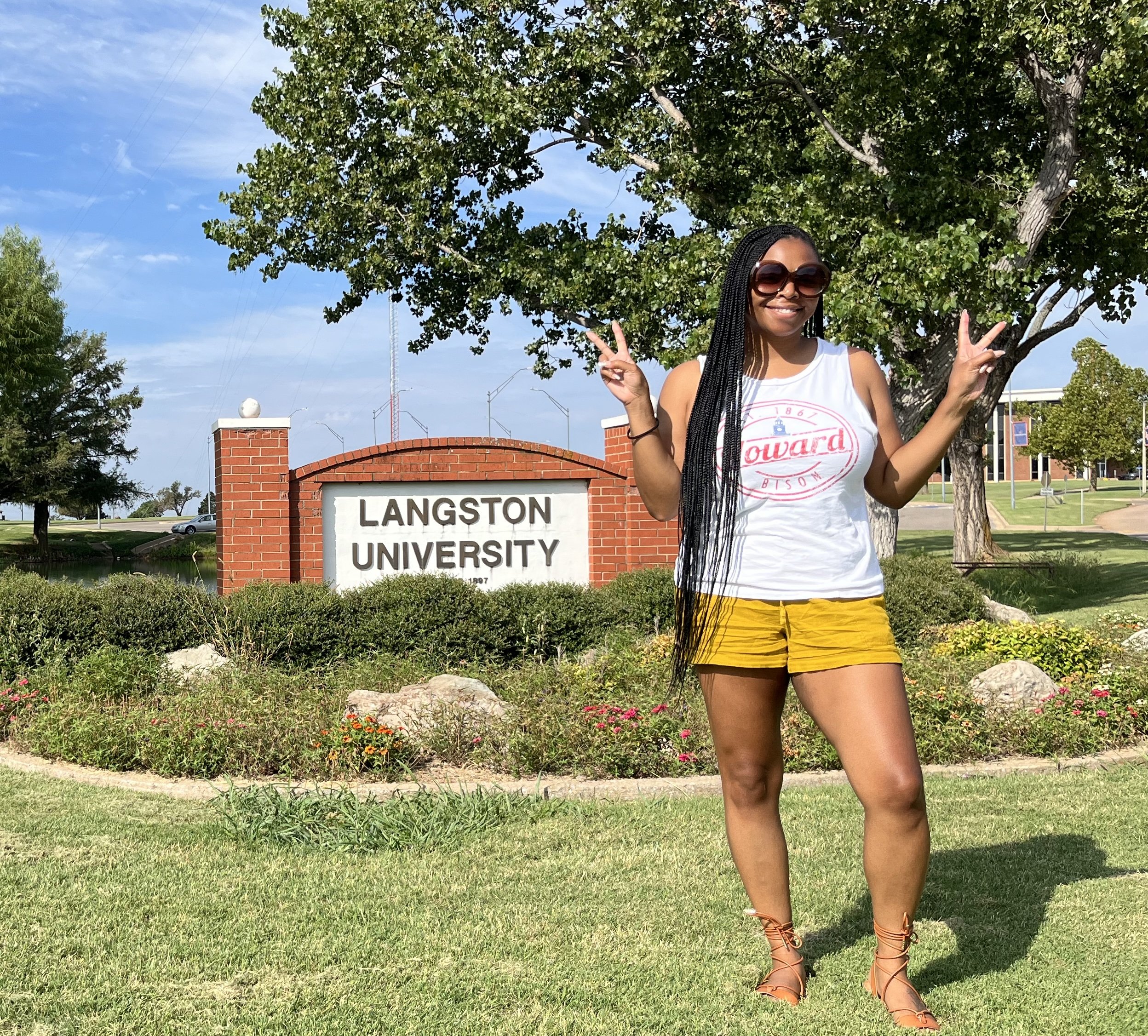


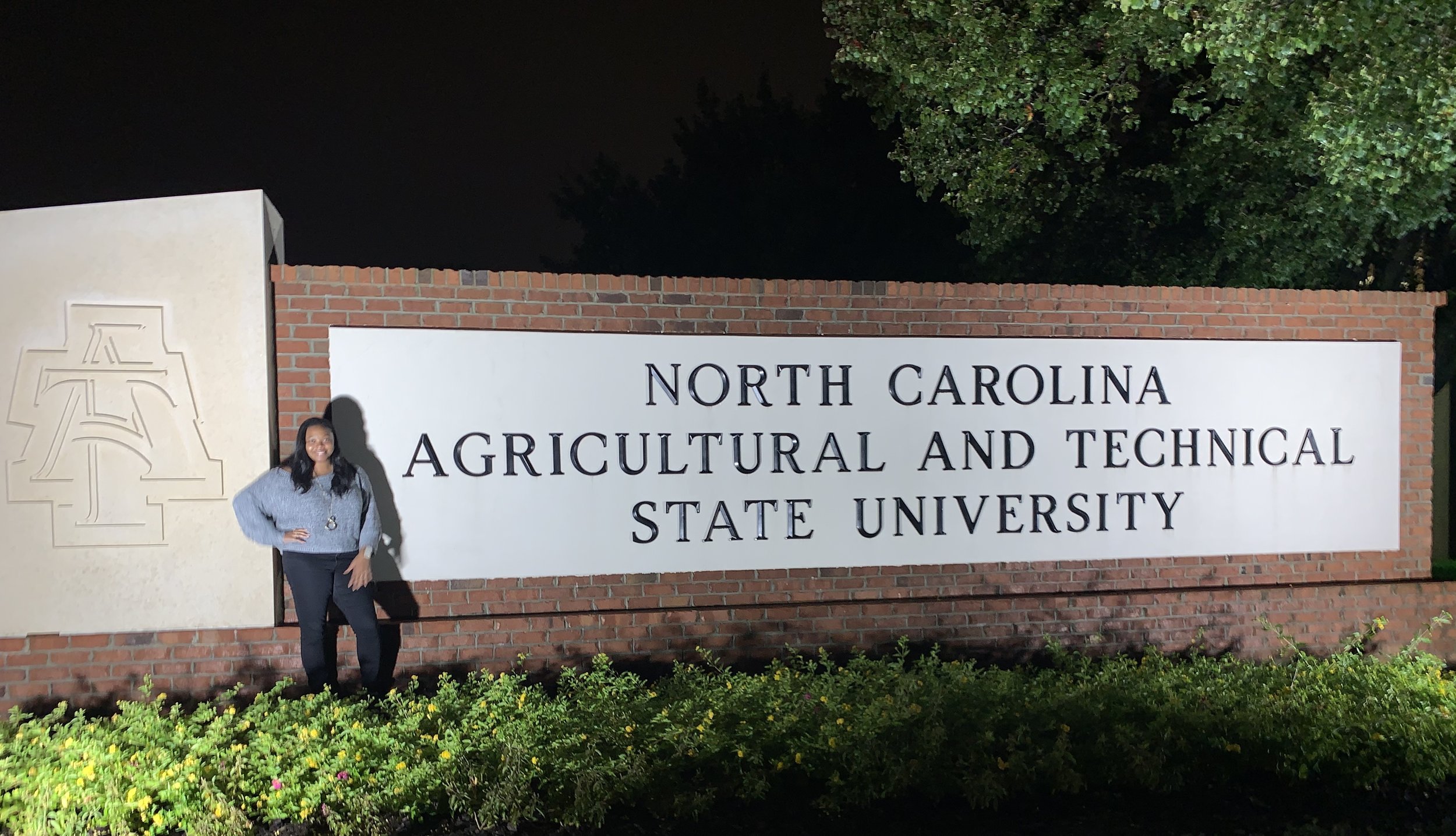

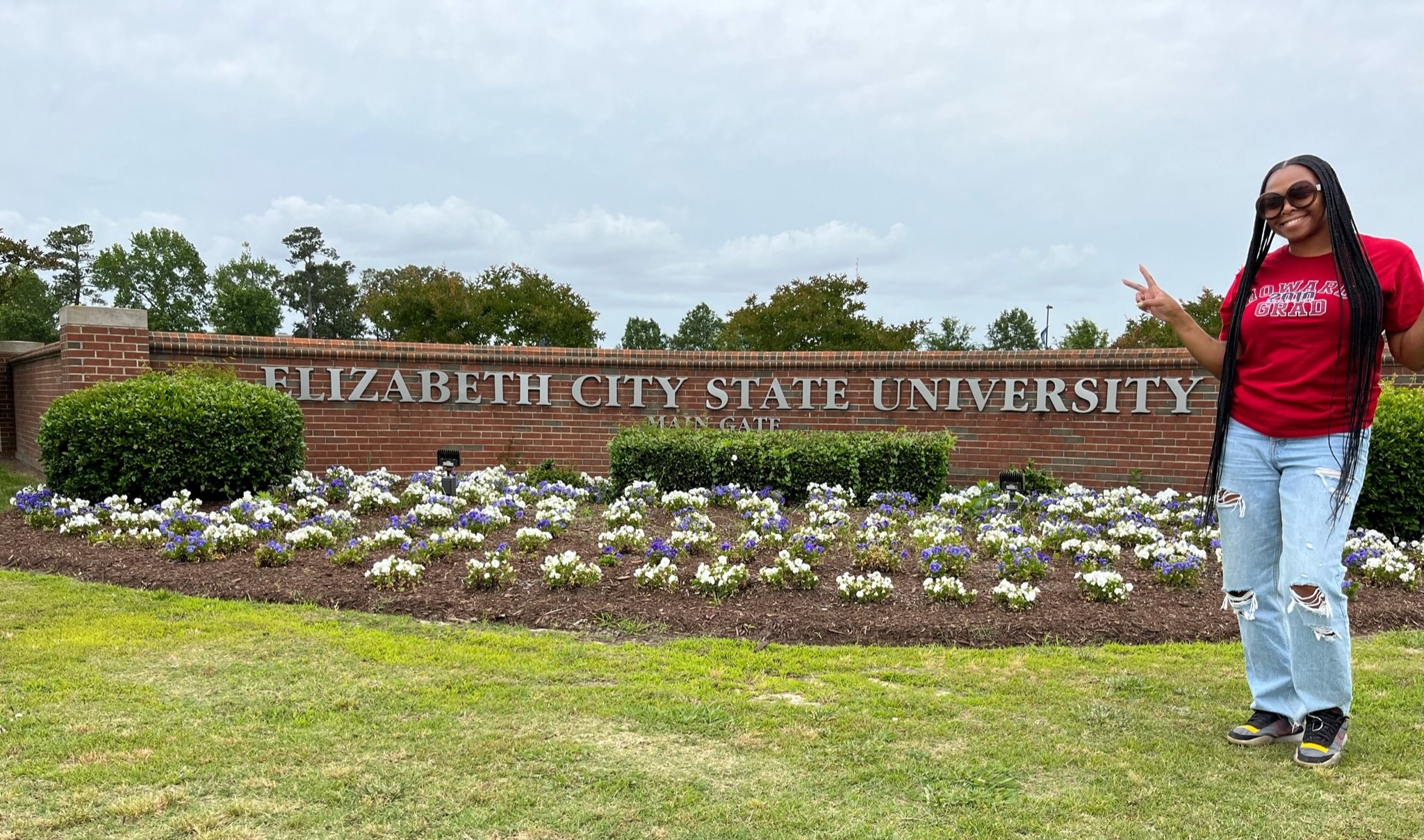
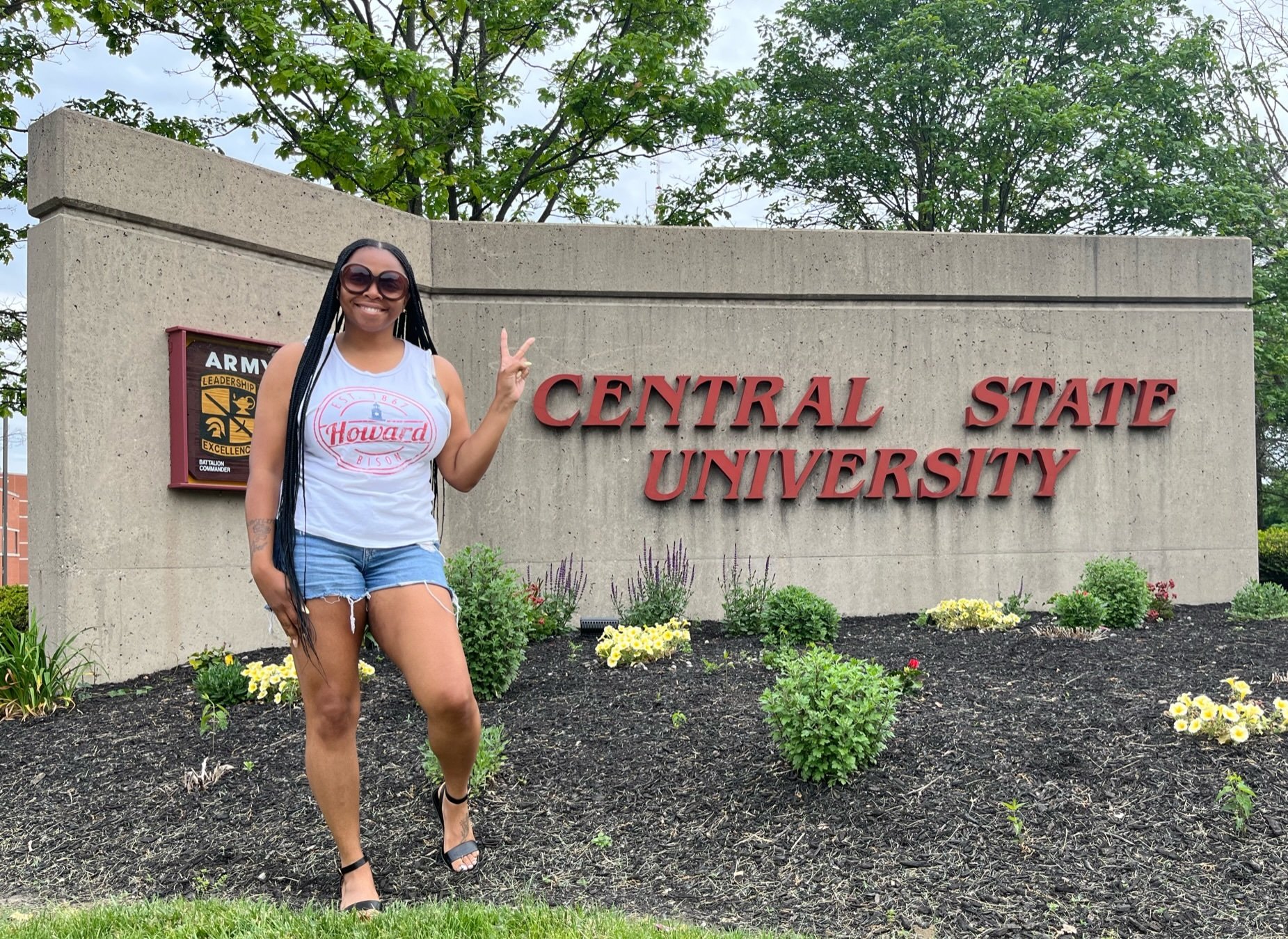

There are 100+ Historically Black Colleges and Universities. Choose one!
History and Facts
Before the Civil War, higher education for African American students was virtually nonexistent. The few who did receive schooling, such as Fredrick Douglass, often studied in informal and sometimes hostile settings. Some were even forced to teach themselves entirely. As a result of African-Americans generally being denied admission to traditionally white institutions, Historically Black Colleges and Universities (HBCUs) became the principle means for providing them postsecondary education. These institutions were founded and developed in an environment of legal segregation and, by providing access to higher education, contributed substantially to the progress African-Americans have made in improving their status.
In 1837, 26 years before the end of slavery, Richard Humphreys a Quaker philanthropist founded the Institute for Colored Youth to train freed African-Americans to become teachers. It became the first higher education institution for African-Americans founded in Cheyney, Pennsylvania. It was followed by two other institutions--Lincoln University, in Pennsylvania (1854), and Wilberforce University, in Ohio (1856). By 1953, more-than 75,000 students were enrolled in such well known public and private HBCUs such as Fisk University, Hampton Institute, Howard University, Meharry Medical College, Morehouse College, Spelman College, and Tuskegee Institute, as well as a host of smaller black colleges located in southern and border states. HBCUs also enrolled 3,200 students in graduate programs and these private and public institutions mutually served the important mission of providing education for teachers, ministers, lawyers, and doctors for the African-American population in a racially segregated society.
From institutions formed to serve former slaves, today there are more than 100 HBCUs with nearly 300,000 students enrolled. About half of these institutions are under private control, and the other half are public colleges and universities. Most (87) of the institutions are four-year colleges or universities, and 20 are two-year institutions. In the past, more than 80 percent of all African-American college graduates have been trained at HBCUs and although they were originally founded to educate African-American students, HBCUs have historically enrolled students of all races and ethnicities. In 2014, non African-American students made up 21 percent of enrollment at HBCUs and this diversity continues to increase over time. Over 100 years later, HBCU graduates are still thriving even more today than African-American graduates of other schools recent studies show. Thus, it is evident that Historically Black Colleges and Universities continue to be a vital resource in the nation's educational system providing pivotal academic and life experiences to those who attend.




